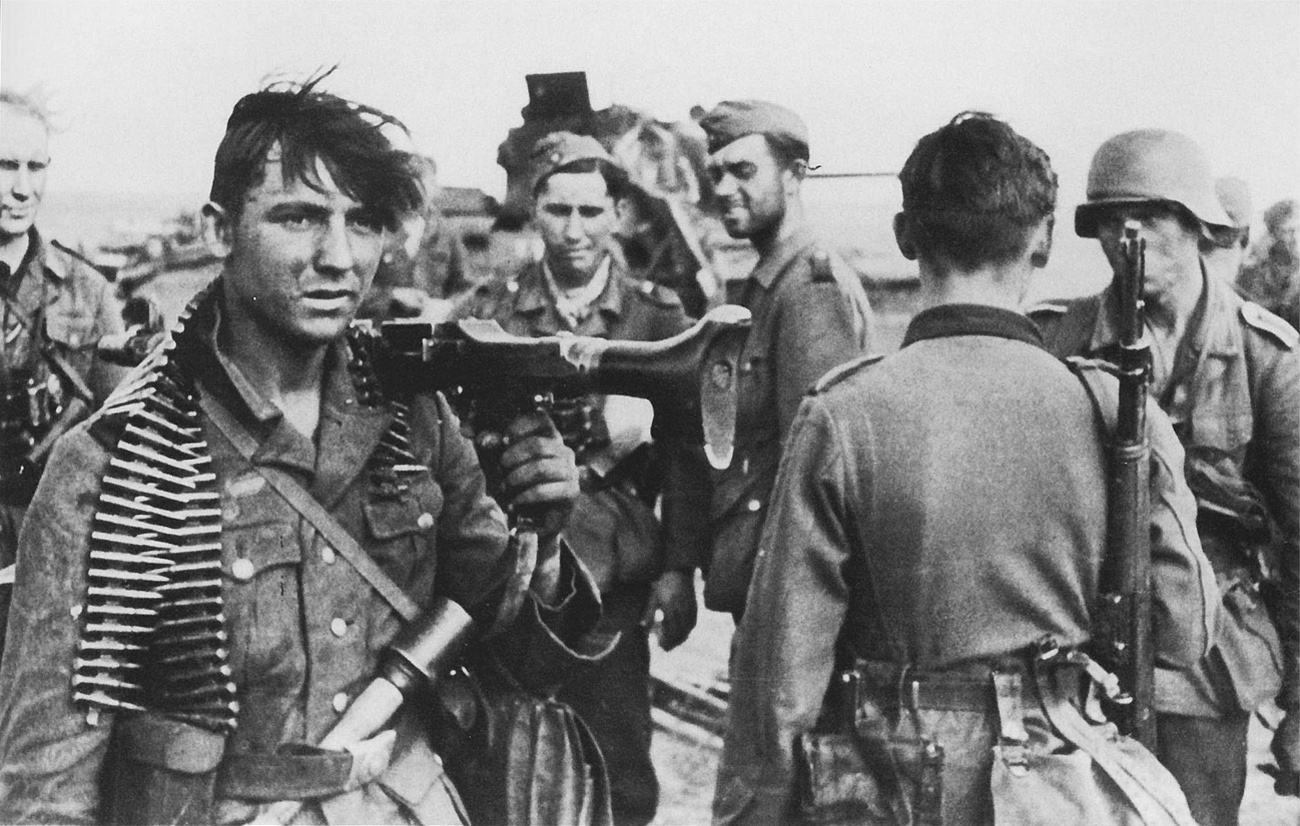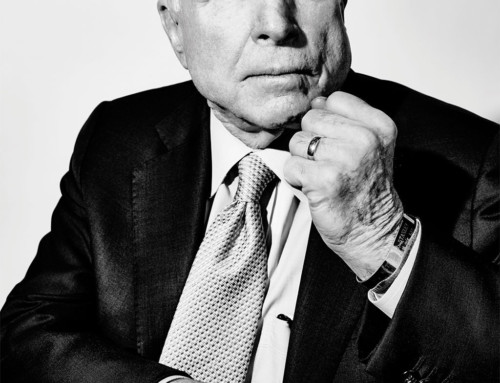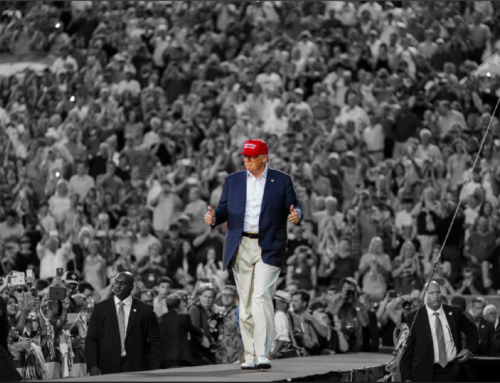From Marcus Finster, Quora, “Should Germans today take a more sympathetic view of German soldiers who fought in WWII?“
I was born in 1976. I remember when I was growing up, I’d see many old women. Fewer old men. Many of the old men missed an arm or a leg.
I was lucky in the sense to have two grandfathers, both on my mother’s and my father’s side.
My mother’s father had been a Russian POW at the end and spent a few years in Siberia. He was barely able to walk when he was finally released in the 50s.
He’d remain frightened of the chance to starve to death until he died
He told some stories about the war. He’d show us pictures of him in his Wehrmacht uniform. When we were old enough to ask, he’d tell us about only doing his duty and keeping clear of “the others”. It took me a while to understand what the others were – the SS and the Einsatzgruppen.
One of his middle fingers was missing the top. A Russian sniper had shot it off when my grandfather was standing watch and moved – an instant before the bullet hit him.
The Wehrmacht almost shot him for this because they thought the wound was self-inflicted. A comrade vouched for him. I don’t know if he was actually witnessing the event or if he was sticking his neck out.
After my grandfather died, we found some things from the war – among other things his “Soldbuch” – basically the “ID card” for the Wehrmacht soldiers, like a small book. It contained the places he fought, marching orders, citations, promotions and the like.
The letters were almost faded, but still readable to some extent.
We had known that he had suffered another wound on the eastern front, a bullet going through his chest and shoulder. In his papers we found out more about when he was wounded: It was a Russian explosive bullet that went through his lung.
He nearly died, spent two weeks in a field hospital, then four more weeks near Berlin on “rehab” – before being sent back to the front lines.
My father’s father never spoke about the war, avoiding the subject where possible. Still, he liked to travel and, when he’d show the pictures he and grandma had taken, he might say thing like “nothing had changed since I’ve last been there.” When I’d ask him when that was, he’d reply, quietly, “During the war,” then change the subject.
Over the years, I learned that he was in Norway, France, the Eastern front, Crete and other places.
He never talked a lot about his experience and I haven’t seen a single picture of him in uniform. The older I got, the more scared I became to ask him. What if he’d tell me that he was in the SS?
When he was 85, we celebrated his birthday and his younger brothers started to talk about” the old days”. You know, everything was better, the grass was greener, young people had more respect, and they might not have had a lot, but they had fun.
My grandfather listened to most of this, but then replied to that last remark: “Wasn’t that much fun to jump from the trains and walk back through Ukraine to German lines.”
That shut them up.
Next time I saw him, I mustered the courage to ask him about the war. And he opened up and told me a few things: He was a radio operator in the Luftwaffe, flying in Stukas.
He got shot down over the channel and was picked up by a German u-boat. He was shot down on the eastern front and was taken prisoner by an Austrian communist who’d joined the Red Army.
He was put on a train, managed to escape and made it back to German lines.
Near the end of the war, his unit rushed west, to be able to surrender to the Americans or British.
He was again taken prisoner and put on a truck.
When the truck drove through his home town, he jumped off and hid in a shoemaker’s shop. When the GIs searched the house, the shoemaker claimed my grandfather was his apprentice and had been so for over a year.
The soldiers took off – and my grandfather had a job.
Those are the stories I have. They are not heroic. They both fought for a criminal, barbaric regime. Neither had the courage to desert. Had they had that courage, they might have been caught. Had they been caught, they would have been killed.
I loved my grandfathers very much. But they were not heroes in the war. They were survivors. And I’m grateful for that.




Leave A Comment